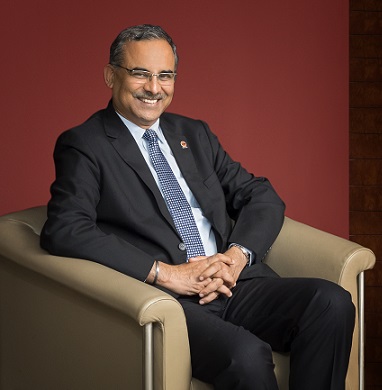-
About Us
- Who we are
- Our Vision with Values
- Our Leadership
- Our Mascot
- Our Business
- Our Locations
- Our Group Companies & JVs
- Our Upcoming Projects
- Financial Performance
- Annual Reports
- IndianOil Podcast
-
IndianOil For You
- IndianOil for Motorists
- IndianOil for Households
-
IndianOil for Businesses
- Indoor Solar Cooking System
- Indane LPG
- Piped Natural Gas - Industrial / Commercial (PNG - I & C)
- Bulk Industrial Fuels
- Fuel@Call
- Aviation Fuel
- AVGAS 100 LL
- Marine Oils
- Bitumen
- SERVO Lubes & Greases
- Fuel Mgmt Consumer Pumps
- Non Fuel Alliances
- Marketing Loyalty Programs
- Natural Gas
- Petrochemicals
- Special Products
- Cryogenics
- Non PDS Superior Kerosene Oil
- Explosives
- Consultancy
- Technologies for Licensing
- IndianOil for Society
- IndianOil for Suppliers
- IndianOil for Business Partners
-
IndianOil for Investors
-
Disclosure for Investors – Reg. 46 & 62 of SEBI (LODR)
- Annual Report
- Annual Return
- Annual General Meeting
- Business Responsibility Report
- Buyback of shares by IndianOil
- Committees of the Board
- Contact details for share related matters
- Corporate Governance
- Dividend Information
- Financial Performance
- Familiarisation program for Ind. Directors
- IndianOil's Credit Rating
- Intimation To Stock Exchange
- Investors Notices
- KYC updation for physical shareholders
- Memorandum Of Association And Articles of Association
- Model tripartite agreement between the issuer, existing STA and new STA
- Policies
- Postal Ballot
- Conference call with Analysts/ Investors
- Shareholding Pattern
- T&C for appointment of ID
- Transfer of shares to IEPF
-
Disclosure for Investors – Reg. 46 & 62 of SEBI (LODR)
- IndianOil Overseas
- IndianOil for Sports
- IndianOil for Media
- IndianOil for Careers
- IndianOil for Environment
- We are Listening

 State-run Indian Oil Corp has cut purchases of Iranian oil as US sanctions on Tehran draw near, its chairman told S&P Global Platt's in an exclusive interview on Thursday, but he added that entirely halting purchases from the Middle Eastern supplier may not be a realistic option for Indian buyers.
State-run Indian Oil Corp has cut purchases of Iranian oil as US sanctions on Tehran draw near, its chairman told S&P Global Platt's in an exclusive interview on Thursday, but he added that entirely halting purchases from the Middle Eastern supplier may not be a realistic option for Indian buyers.